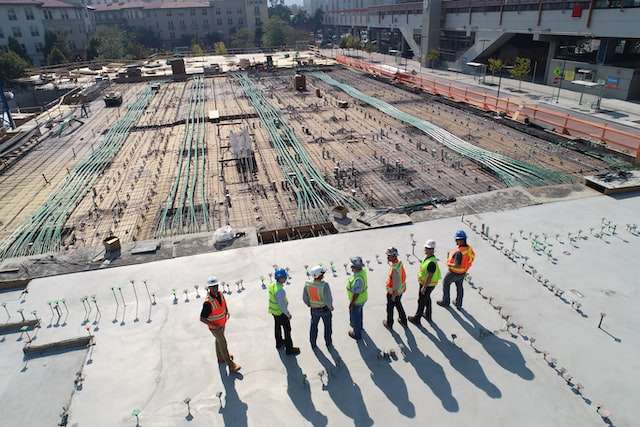Contract law in construction projects is a critical component of the construction industry. A construction contract is a legally binding agreement between parties involved in a construction project, including owners, contractors, subcontractors, architects, engineers, and suppliers. The contract outlines the scope of work, project timelines, payment terms, and other essential details that govern the construction project. Understanding the basics of contract law is essential to ensure that all parties are protected and that the project is completed successfully.
One of the primary goals of contract law in construction projects is to ensure that all parties involved understand their roles and responsibilities. The contract should be clear and specific, outlining the expectations of each party in detail. This is particularly important in construction projects, as there are many variables that can impact the project’s outcome, such as weather, material shortages, and unexpected delays. By having a clearly defined contract in place, all parties are better equipped to manage these variables and to respond appropriately to any issues that may arise.
Another essential aspect of contract law in construction projects is the inclusion of dispute resolution mechanisms. Disputes can arise at any point during the construction process, and having a mechanism in place to resolve them can help to ensure that the project remains on track. Common dispute resolution mechanisms include arbitration, mediation, and litigation. The contract should specify which mechanism will be used and how disputes will be resolved.
Payment terms are also a crucial component of contract law in construction projects. The contract should outline the payment schedule, including the amount of each payment, when payments are due, and what happens if a payment is late or not made. It is also important to include details on how changes to the project scope or timeline will impact the payment schedule. By having clear payment terms in place, all parties are better protected against non-payment and other financial issues that can arise during construction projects.
Finally, it is essential to ensure that all contracts comply with applicable laws and regulations. This includes ensuring that the contract complies with local building codes, environmental regulations, and labor laws. Failure to comply with these laws can result in costly fines and legal issues that can impact the project’s outcome.
In conclusion, contract law is a critical component of construction projects. A well-drafted contract that outlines the scope of work, payment terms, dispute resolution mechanisms, and compliance with applicable laws and regulations can help to ensure that the project is completed successfully. All parties involved in construction projects should have a solid understanding of contract law and work with legal professionals to ensure that their contracts are properly drafted and executed.




















